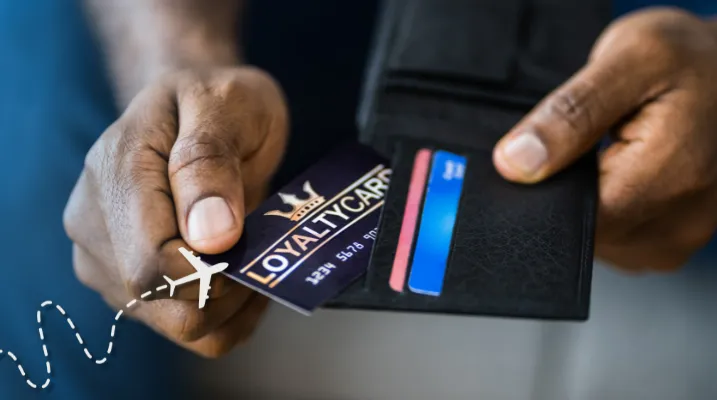
When Loyalty Goes Wrong: The Hyatt Elite Status Scam in China
Loyalty programs are big business, and they benefit both travelers and the companies behind them. But where there’s value, there’s always potential for shady dealings. In the world of travel loyalty programs, there’s fraud, and sometimes it gets messy—especially in certain markets.
A recent story about a couple of Hyatt-affiliated hotels in China illustrates just how complicated things can get when programs are misused. If you’re into earning elite status, you’ll want to pay attention. Here’s what went down and what we can learn from it.
The UrCove Scam: Buying Hyatt Status Without Staying
A member of the popular FlyerTalk forum, using the username Yaledan, shared a bombshell about some Hyatt UrCove properties in China that were allegedly running a scam to sell elite status without requiring any actual stays. These properties reportedly offered packages that allowed customers to rack up points and elite-qualifying nights for as little as $1,000—all without ever setting foot in the hotel. What’s more, they provided official invoices, making it look like a legitimate transaction in Hyatt’s systems.
The deal? Members could “earn” Globalist status (Hyatt’s top-tier elite status) for less than $20 per night, well below typical costs for such perks. But here’s the kicker: when Hyatt caught wind of this, they didn’t just shut down the hotels—they banned over 2,000 accounts, including those of loyal Globalists, corporate clients, and even Lifetime Globalists.
And it didn’t stop there. If any points from these UrCove properties were manually credited to your account—legitimately or not—Hyatt shut your account down. No warning, no appeals process. Members were left confused and scrambling for answers as they were tossed between the hotel and Hyatt’s customer service in a never-ending loop of frustration.
My Take on the Situation: Did Hyatt Go Too Far?
It’s no secret that some people love to push the limits of loyalty programs. And let’s be real: some of us might have been tempted if we knew we could grab top-tier status for pennies on the dollar. But the way Hyatt responded is what’s really got people talking.
Here’s the thing: loyalty programs like Hyatt’s are designed to reward actual stays and customer loyalty—not to be gamed by side hustles. While I get why some members are upset, it’s hard to feel too bad for those who took part in what was clearly a shady deal. Earning Globalist status for under $1,000? That’s not exactly playing by the rules.
Sure, Hyatt’s response was swift and harsh, but it’s likely they had good reason to shut down the accounts. Most loyalty programs have excellent fraud detection teams, and if Hyatt felt the need to ban over 2,000 accounts, it’s safe to say they knew what they were doing.
What’s unfortunate is the fallout for people who might have been innocent bystanders, simply staying at these properties without knowing about the scam. Hyatt should absolutely be transparent and offer an appeal process for those who did nothing wrong. But when it comes to the masterminds behind this scheme? I can’t say I blame Hyatt for cracking down.
What This Means for You: A Cautionary Tale
For those of us who love racking up points and chasing status, this story is a good reminder of the fine line between smart travel hacking and outright fraud. Loyalty programs offer some amazing perks—if you know how to use them right—but it’s important to stay on the up-and-up.
Here’s the takeaway: if something sounds too good to be true (like buying Globalist status for a fraction of the cost), it probably is. And as tempting as these shortcuts might be, they could end up costing you your entire account and all the perks you’ve worked hard to earn.
Bottom Line: Stay Savvy and Play Fair
This whole UrCove situation shows us that loyalty programs are constantly evolving, and sometimes that means cracking down on fraud—even at the expense of some loyal members. While it’s frustrating to see people get caught up in this mess, it’s also a good reminder that loyalty programs are built on trust.
So, what do you think? Should Hyatt have handled this differently, or was their hardline approach the right move? Let’s keep the conversation going in the comments below!
Final Thought: Level Up Your Loyalty Game with the Right Strategy
If you’re serious about taking your loyalty game to the next level without the drama, join my Hotel Secrets Masterclass—we cover everything you need to know about earning points, getting upgrades, and staying in 5-star hotels without breaking the bank. Because let’s be real: there’s a right way to earn those elite nights—and this isn’t it.
If you are looking to earn free night, consider looking at the best offer for credit cards. Please check out my website for the best offers. https://bensbigdeal.com/credit-cards
